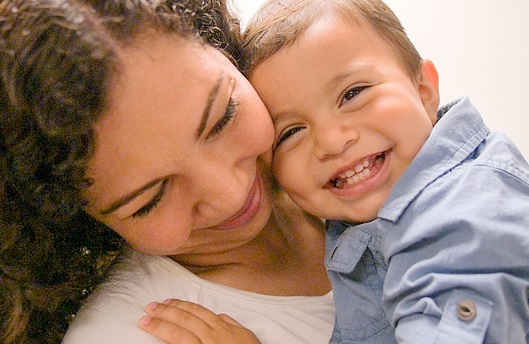Teaching children about gratitude and appreciation
Gratitude is an essential human emotion that brings tremendous joy and positivity to our lives.
Showing youngsters about thankfulness and appreciation is a beneficial gift that can help them develop a much more positive overview, better connections, and enhanced general wellness.
In this article, we will explore the significance of instilling gratefulness in kids and offer useful means to support this virtue from a very early age.
The Value of Training Appreciation
Gratefulness is greater than simply saying “thanks.” It is a mindset and a way of assuming that can have a profound impact on a kid’s emotional and emotional advancement. Right here’s why training children regarding appreciation is so vital:
Improved Mental Well-being: Grateful children tend to experience reduced degrees of tension and stress and anxiety. They are extra positive and resilient despite life’s challenges.
Stronger Relationships: Gratitude fosters compassion and kindness, making kids much more considerate of others. This helps in structure and preserving much healthier partnerships.
Enhanced Academic Efficiency: Grateful students commonly perform much better academically. They are encouraged to prosper and have a positive attitude towards understanding.
Long-lasting Happiness: Gratitude is highly linked to happiness. Children who exercise appreciation often tend to be happier and a lot more content with their lives.
Ways to Teach Kid Regarding Gratitude and Admiration
Be a Grateful Good Example: Kid find out by instance. Express your thankfulness routinely for the little points in life. Show them that you value their initiatives and the kindness of others.
Beginning Early: Start training gratefulness from a young age. Also preschoolers can understand basic concepts of saying thank you and recognizing when they’re really feeling thankful.
Produce a Gratefulness Journal: Urge your kid to keep a thankfulness journal. This can be a daily or once a week exercise where they document points they’re appreciative for. This helps them focus on the favorable elements of life.
Household Appreciation Rituals: Develop family routines like sharing what you’re grateful for throughout meals or before bedtime. This offers a warm and encouraging environment for sharing appreciation.
Volunteer With Each Other: Taking part in social work or offering as a family is an exceptional method to reveal youngsters the worth of repaying and being grateful wherefore they have.
Discuss Feelings: Urge seminars about sensations and experiences. When a child talks about what makes them pleased or awkward, it helps them better comprehend gratitude.
Read Gratitude Books: There are lots of children’s publications that discover the idea of gratefulness. Reading such publications with each other can be a delightful and educational activity.
Limit Materialism: Teach your kid that product possessions do not correspond to joy. Encourage them to worth experiences, relationships, and acts of compassion over material goods.
Express Appreciation Beyond Words: Aid your child express appreciation with activities. Motivate them to carry out acts of generosity, compose thank-you notes, or draw pictures for those they appreciate.
Urge Mindfulness: Educate children to be conscious of today minute and value the appeal of the globe around them. Nature strolls, daydreaming, and art tasks can aid with this.
Conclusion
Educating kids about appreciation and admiration is a lifelong present that will certainly profit them in several means.
It furnishes them with important life abilities, such as strength, empathy, and a positive state of mind, which will offer them well in their personal and scholastic lives.
By fostering appreciation in children from an early age, we not just make their globe a much more gorgeous area but likewise add to the development of more caring and glad individuals that can making a positive impact on society.

